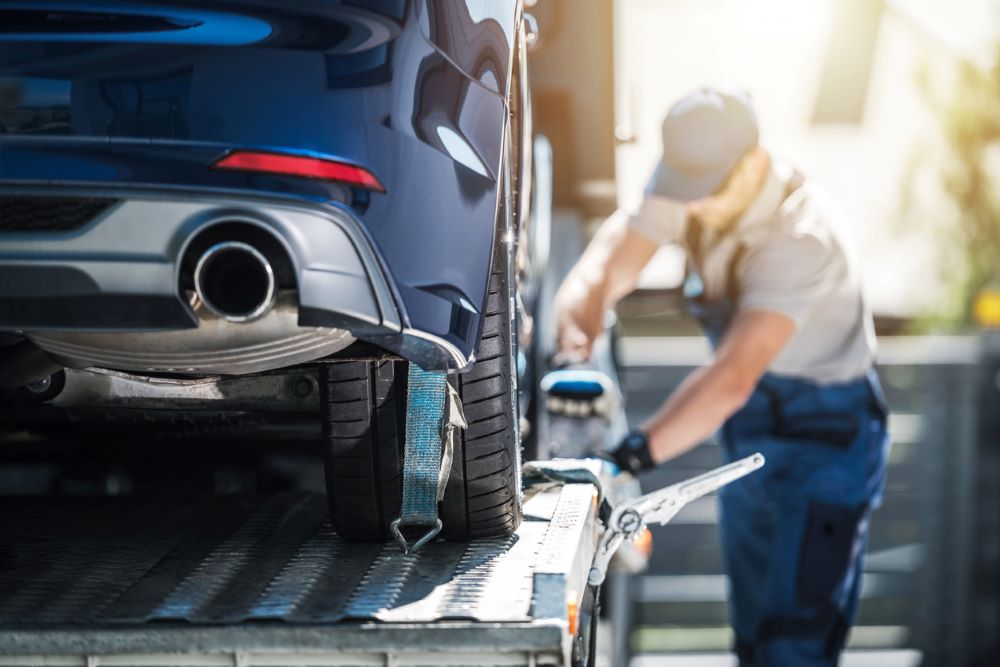Keeping a good credit score is paramount to enjoying the most benefit you can as a consumer. However, there are a lot of different factors that can negatively impact your credit score. One of these occasions is a repossession, and often the most common tend to be auto repossession.
If you’re looking to lease a car from the bank, you must understand auto repossession and how it can impact your credit score.
What is an Auto Repossession, and How Does It Work?
Auto repossession occurs whenever you fail to make your monthly loan payments per the car financing contract. The lender will always hold the car’s title until you ultimately pay off the loan whenever you finance a car. In the scenario that you start to default on payments, banks have the right to take possession of the vehicle as it is under their name.
Generally, the loan contract will clearly state what refers to default on payments. However, most financial institutions won’t start the repossession process until 60 days after the payment is due.
The general repossession process differs from state to state. Go through the relevant laws to know exactly what your rights are in the case of repossession. In several states, lenders can’t repossess the vehicle without notifying the individual in advance.
After taking repossession, the lender has the right to either keep or sell your car. However, generally, they will sell the vehicle to cover up the outstanding loan balance.
If the car does not sell for enough to cover the debt and other additional charges, you will enter a deficiency balance that you will eventually have to pay off.
How Does a Repossession Affect Your Credit Score?
It might be impossible to provide a definitive amount, but repossession will have a significant negative impact on your credit score. A repossession will stay on your credit report for seven years.
However, aside from that, a few other factors can further increase the overall negative impact. For example, every late payment you make or every month you miss a payment, there will be a negative mark on the credit score.
You will enter a deficiency balance if the lender sells your and cannot recover the loan amount.
How Can I Avoid Repossession?
Luckily, there are a few keyways that you can avoid repossession. The one common factor is ensuring that you get on top of the situation as quickly as possible through all these different techniques.
In the case of a late or missed payment, you should contact the lender and discuss the situation. If it’s a one-time thing, let the bank know. You can also choose to go for restructuring to get lower payments for the remainder of the loan.
Additionally, a voluntary surrender is also an option if you’re sure that you won’t be able to make the loan payments. While a voluntary surrender will still show up on your credit report, it does not have the same negative impact as a repossession.
Always remember that the key to avoiding vehicle repossession is getting on top of the situation as quickly as possible.
Tips to Repair Credit After a Repossession
There’s no shortcut to reach your credit score goal; a repossession will have a significant impact. Unfortunately, it will also stay on the credit report for seven years. However, with time it’s possible to repair your credit score.
Here are a few tips that can help you manage your credit after a repossession
- Focus on paying off debts
- Be conservative when taking out any future loans and debts
- Regularly monitor your credit score
Vehicle repossession can certainly seem scary, but it isn’t the end of the world. The best method is to stay on top of the situation and avoid defaulting on your payments. However, even if you go through a vehicle repossession, take time, and slowly build back your credit score!











